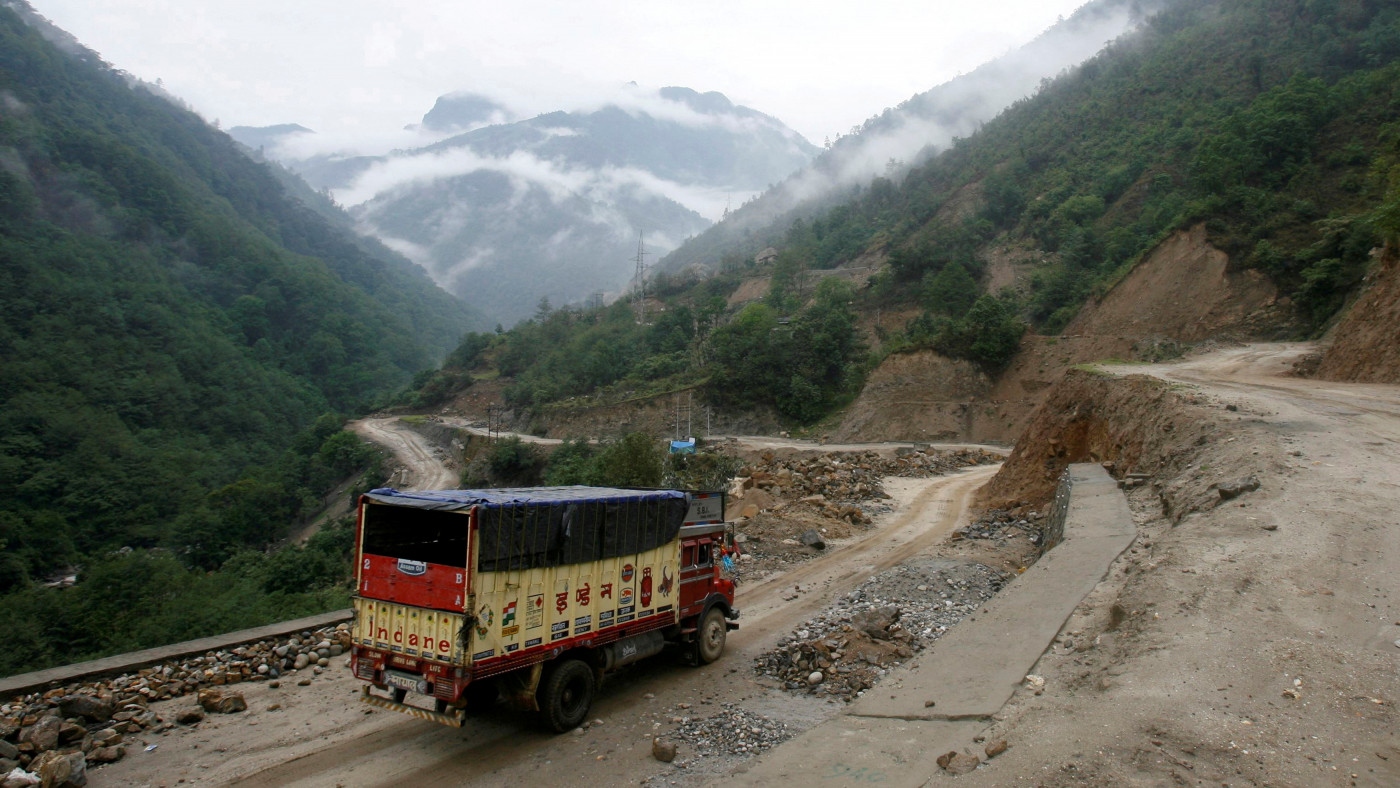Chinese Ministry of Civil Affairs has recently announced the renaming of 30 locations within Arunachal Pradesh, sparking renewed tensions in the region. This latest development underscores China’s ongoing efforts to assert its territorial claims over Arunachal Pradesh, which it refers to as Zangnan, purportedly part of the Tibetan autonomous region.

Background and Context
Arunachal Pradesh, a northeastern state of India, has been a subject of dispute between India and China for decades. China claims the region as part of its territory, referring to it as “South Tibet,” while India maintains that Arunachal Pradesh is an integral and inalienable part of its sovereign territory.
Chinese Ministry’s Announcement
According to reports from the South China Morning Post, the Chinese Ministry of Civil Affairs unveiled a list of “standardized” names for 11 residential areas, 12 mountains, four rivers, one lake, one mountain pass, and a piece of land within Arunachal Pradesh. These names, presented in Chinese characters, Tibetan script, and pinyin, represent China’s official stance on the nomenclature of these locations.
The Ministry justified the renaming exercise as being in accordance with the relevant provisions of the State Council, China’s cabinet, regarding the management of geographical names in the Zangnan region.
Historical Context
This recent move by China is not isolated but is part of a broader pattern of assertive actions aimed at consolidating its territorial claims in disputed regions. It follows previous efforts by the Chinese government to rename places within Arunachal Pradesh, with the first batch of standardized names being released in 2017 and subsequent batches in 2021 and now in 2024.
Indian Response
India has consistently rejected China’s claims over Arunachal Pradesh, asserting that the region is an integral part of the Indian Union. In response to China’s latest move, the Indian Ministry of External Affairs reiterated its firm stance, stating that Arunachal Pradesh “was, is, and will always remain” an integral part of India.
Also Read: ‘Harassment and Unwarranted Interrogations’: China’s Travel Advisory to Citizens Visiting the US
International Reactions
The renaming of locations in Arunachal Pradesh has drawn international attention, with various countries monitoring the situation closely. The United States, in particular, has expressed support for India’s sovereignty over the region, condemning any attempts to alter the status quo through unilateral actions.
Implications for Regional Stability
The ongoing territorial dispute between India and China, especially concerning Arunachal Pradesh, has broader implications for regional stability and security. The two Asian giants, both nuclear-armed powers, share a long and contested border, making any escalation in tensions a cause for concern for the international community.
Conclusion
The renaming of locations within Arunachal Pradesh by the Chinese Ministry of Civil Affairs underscores the complex and enduring nature of the territorial dispute between China and India. As both countries continue to assert their respective claims, the need for dialogue and diplomatic engagement to resolve the dispute peacefully remains paramount.

